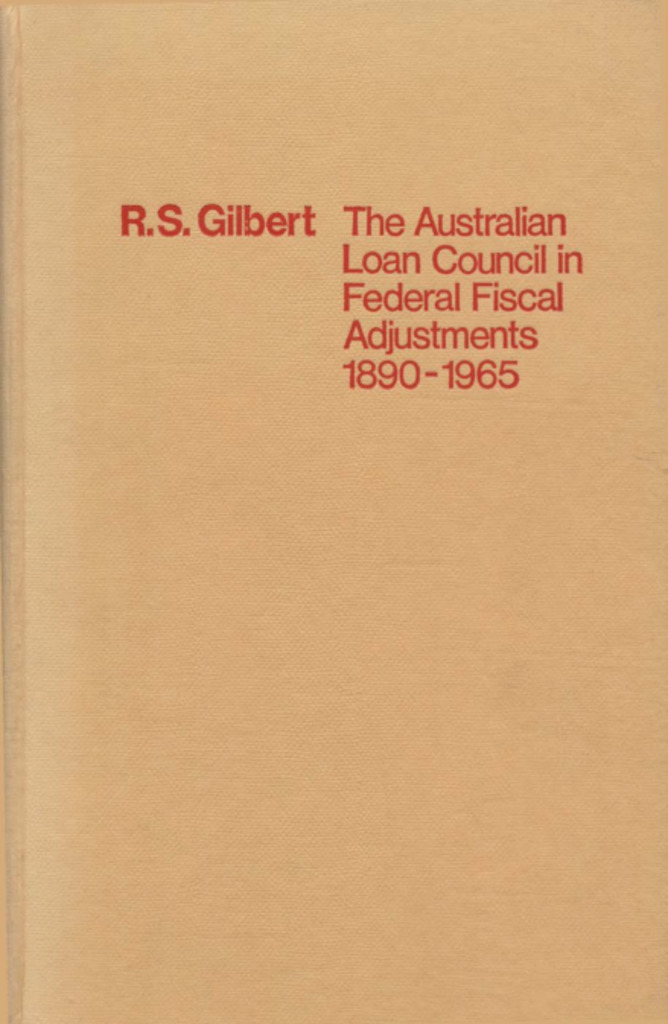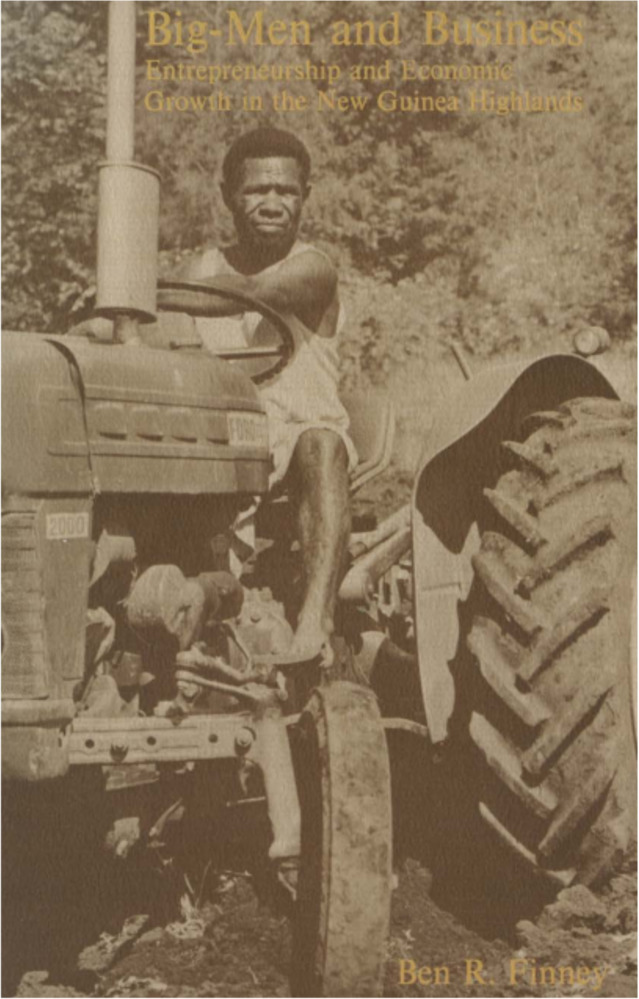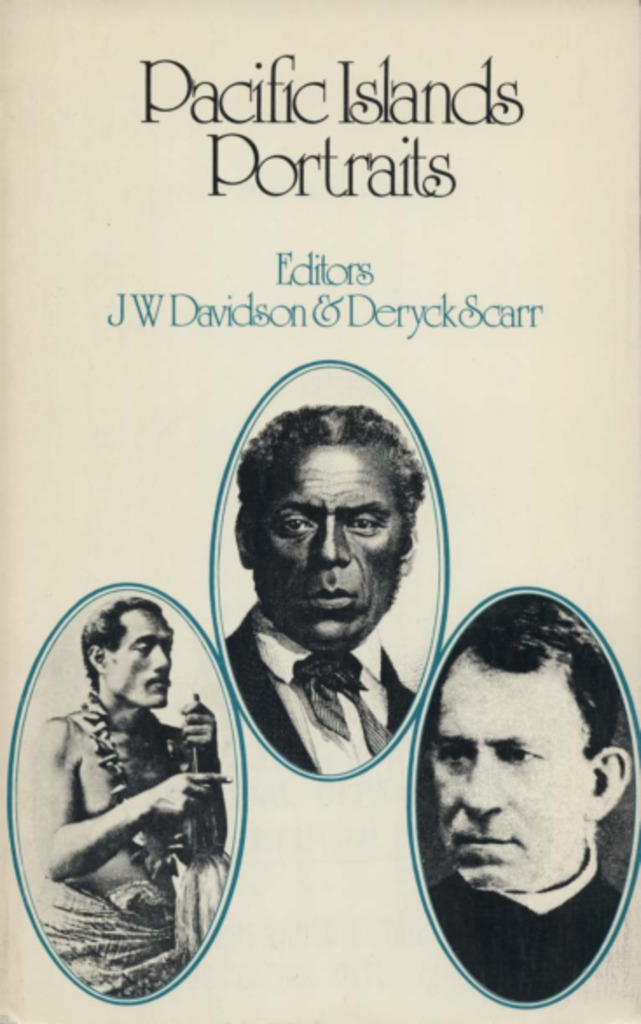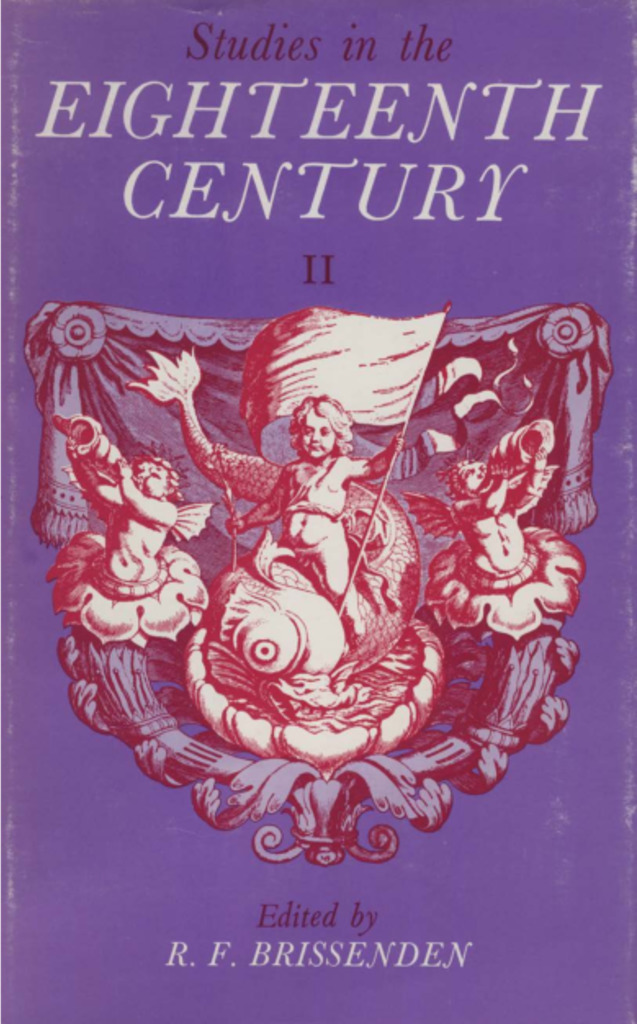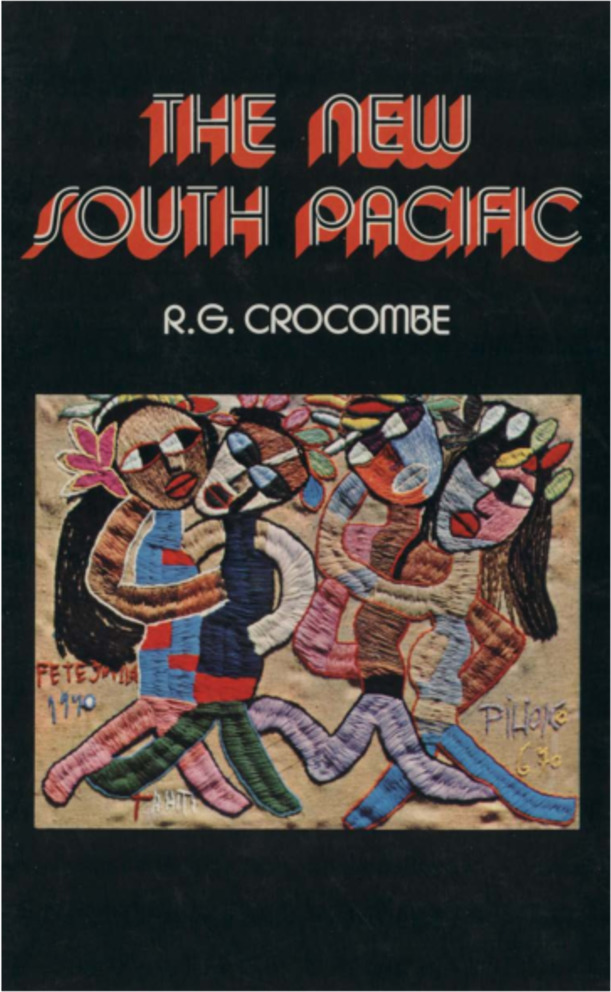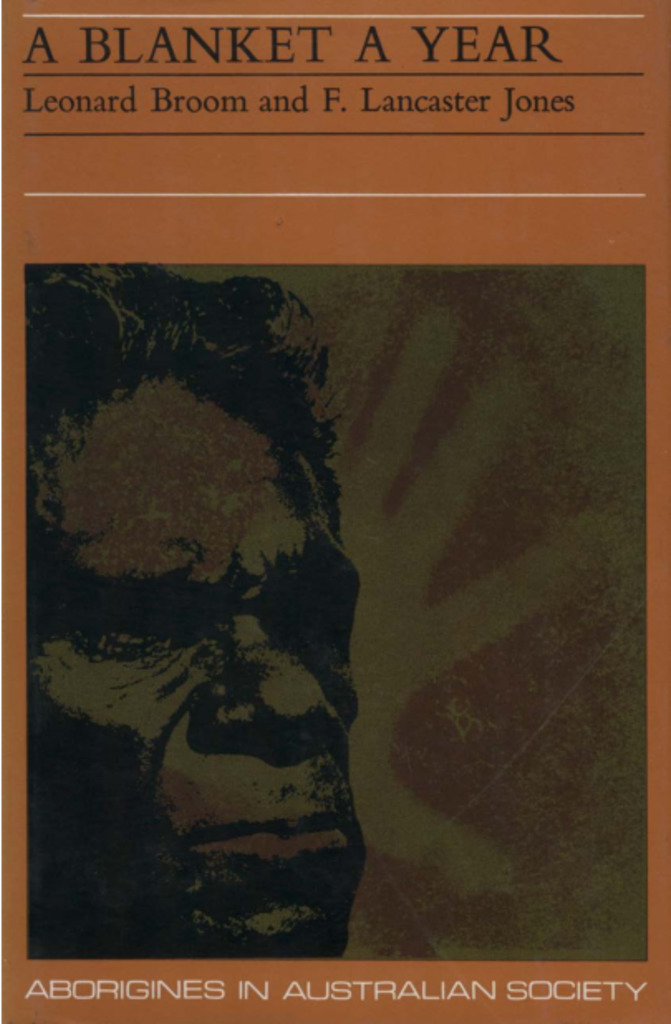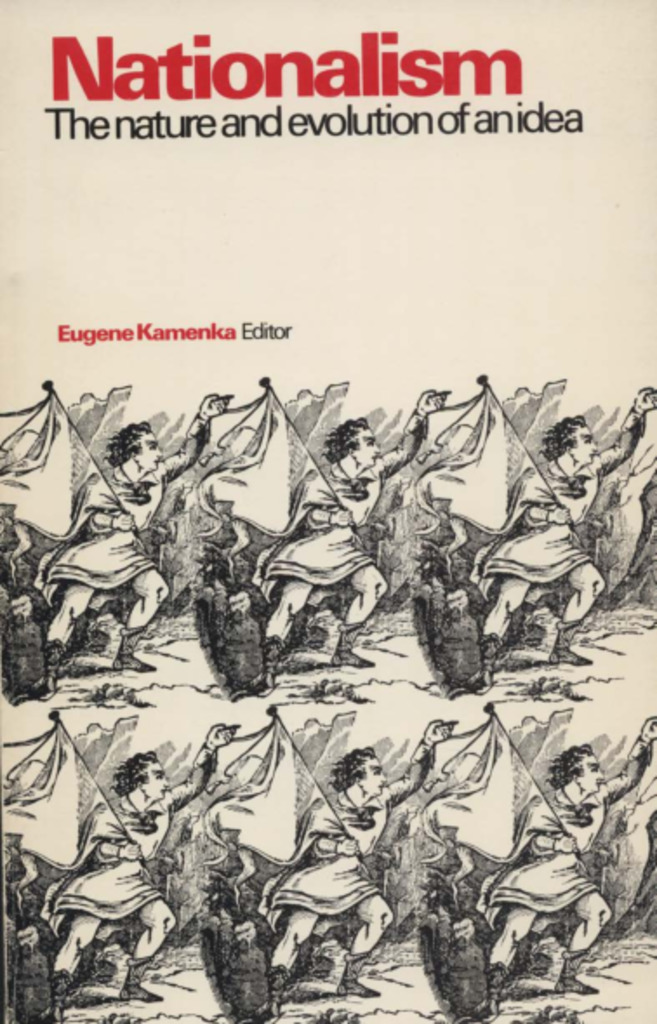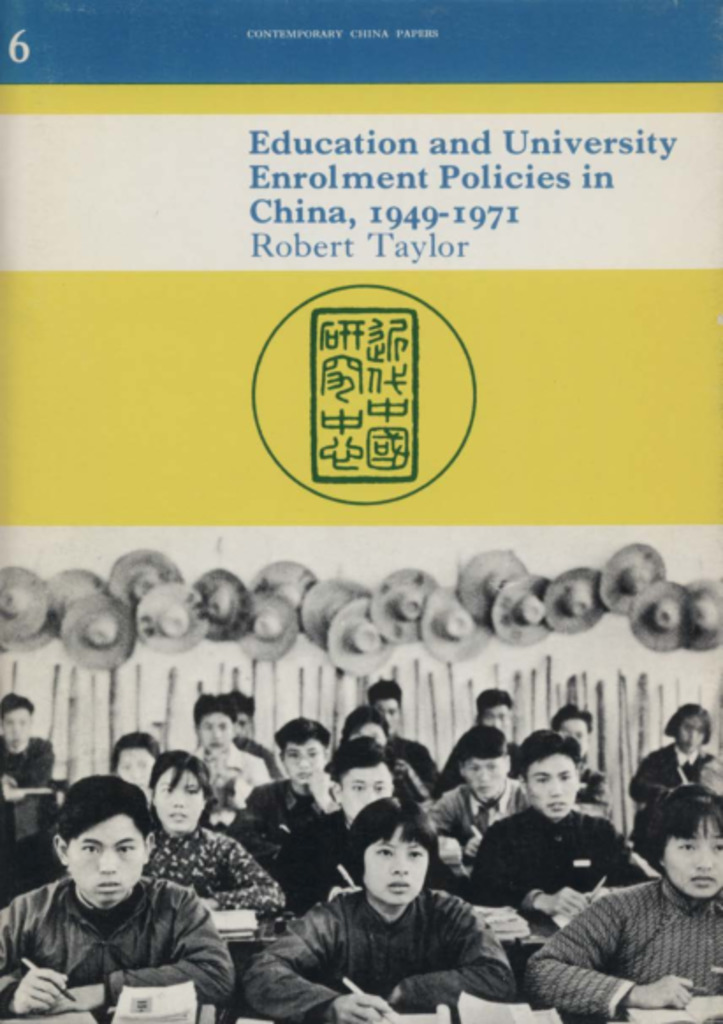Publication date: 1973
High in the New Guinea mountains a sociological drama of unique design has been unfolding since the early 1930s. At that time the first of the Europeans who would take part in the area{u2019}s development trekked into the remote highlands. These early gold prospectors, patrol officers, and missionaries made the first outside contacts with the Stone Age Gorokan people. These encounters ultimately catapulted the Gorokans, subsistence gardeners cultivating sweet potatoes and raising pigs, squarely into the twentieth century. The magnitude of the economic and social changes that followed in the next forty years clearly distinguish the Gorokan case as one of the most remarkable examples of human adaptability to be witnessed in modern times. Although popular thinking has it that traditional societies are change-resistant and that social reforms therefore must precede economic and other types of development, the Gorokans, remarkably, reversed the process and passed from the Stone Age to the twentieth-century marketplace in one generation. Today they are heavily involved in growing coffee, they have developed their own trucking industry for transporting coffee and other cash crops to market, and they are venturing into the raising of beef cattle and the operation of trade stores and various businesses. Big-Men and Business is the record of this extraordinary case of economic change, based on field study conducted in 1967 and 1968. Dr. Finney interviewed many of the Gorokan leaders of this commercial revolution, and draws comparisons between the Gorokan experience and that of other New Guinean peoples. One of the results of his research indicates that the Gorokans may have been predisposed to entrepreneurship. Traditionally, a Gorokan "big-man" was the man who acquired the valuables of his society - cowrie shells, mother-ofpearl shell, pigs, and bird-of-paradise plumes. These leaders were honored for their skills in the flourishing local exchange system. This fact, coupled with a supportive colonial relationship and a favorable natural environment, enhanced the Gorokan{u2019}s adaptation, and thus the leap from the world of traditional exchange to one where business is conducted on a cash basis was, in reality, a short step.
